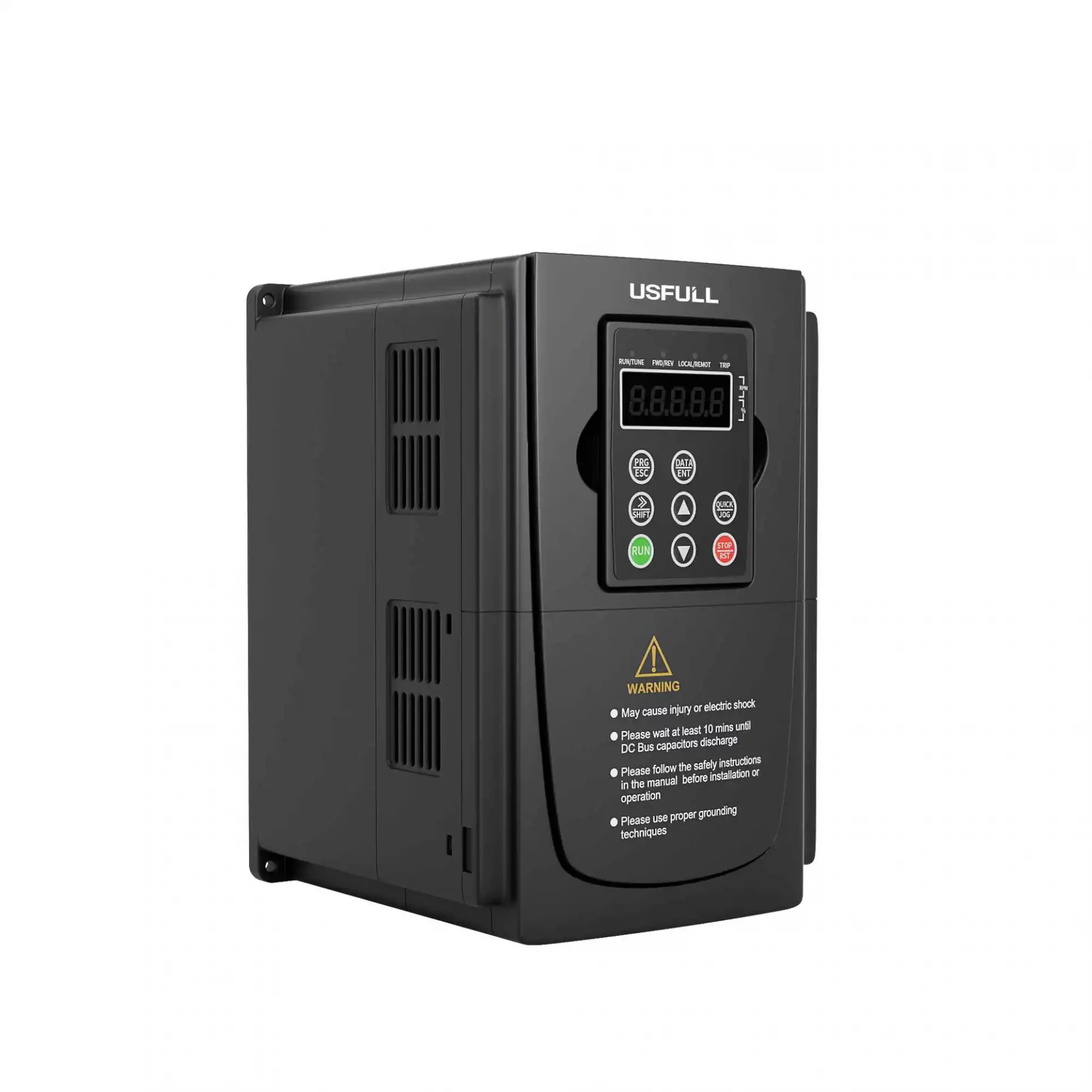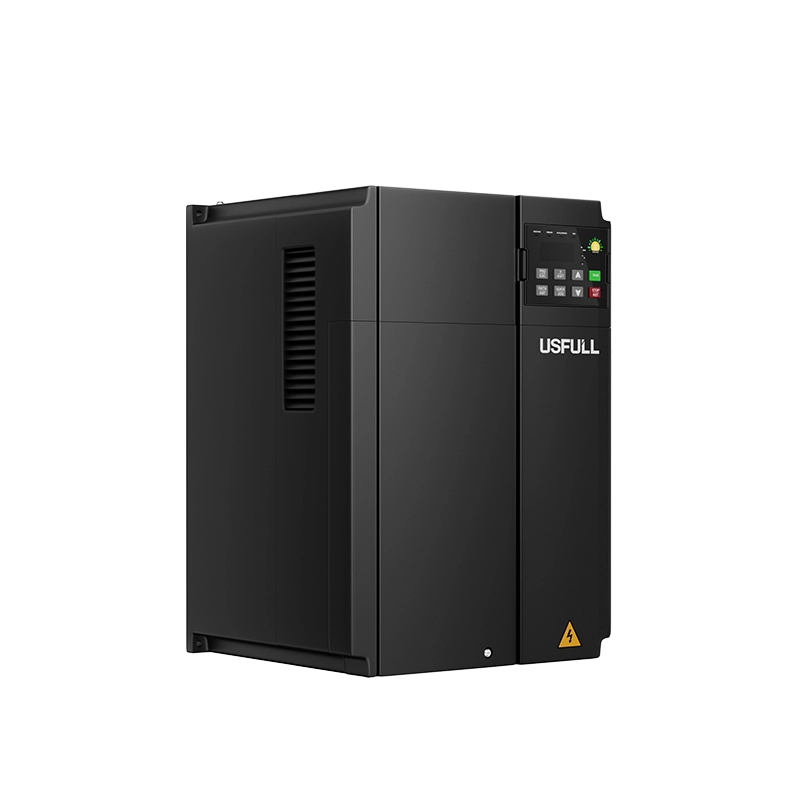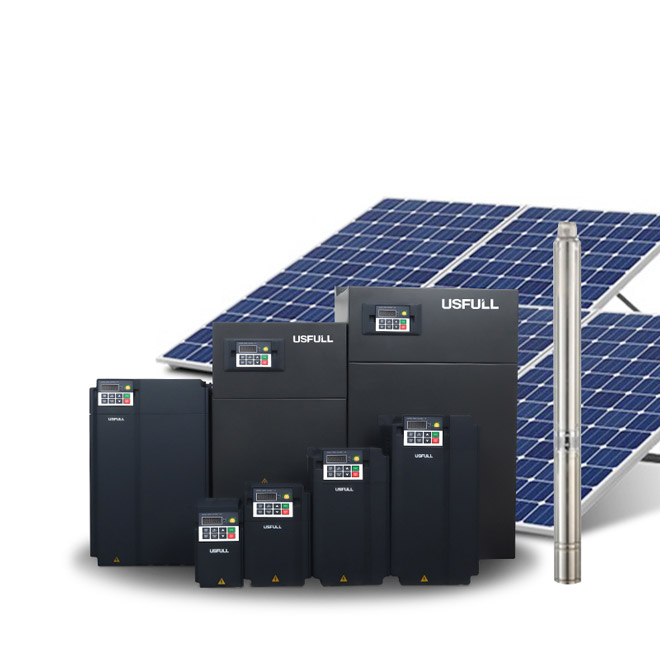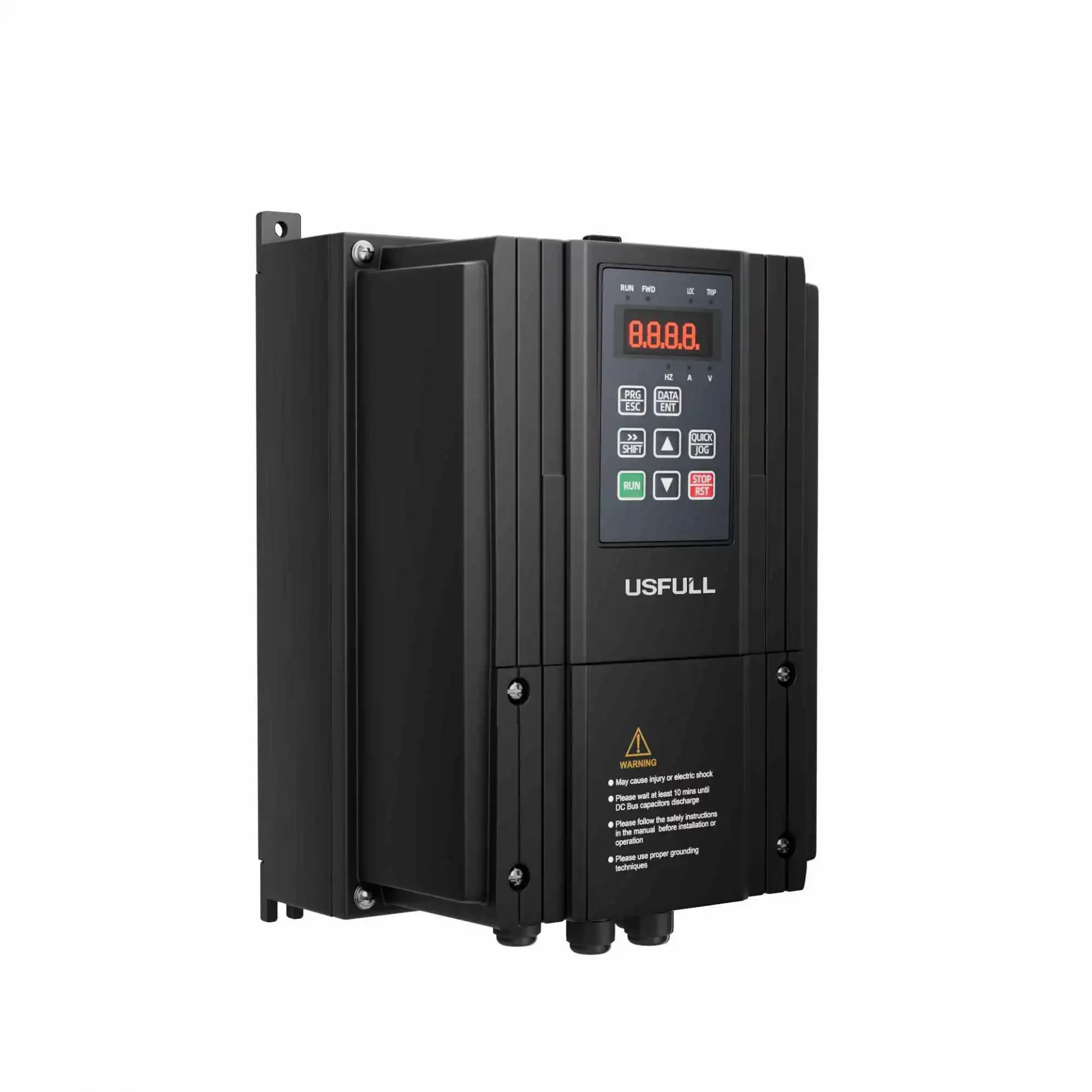The performance and longevity of a frequency inverter heavily depend on its ability to manage heat. A critical component in this heat management system is the fan that cools the inverter. If the frequency inverter fan fails to rotate, the implications can be severe, potentially leading to operational disruptions and equipment damage.

Impact on Inverter Operation
Frequency inverters, or variable frequency drives (VFDs), use IGBT (Insulated Gate Bipolar Transistor) power semiconductor switches as their core components. These components generate significant heat during operation. When the inverter fan does not function correctly, the heat produced can reach critical levels. The inverter is designed with temperature sensors that monitor the IGBT’s temperature. If the temperature exceeds safe limits, these sensors send signals to the CPU, which triggers an immediate shutdown to prevent damage. The display panel will indicate an overheating error code, typically err01, signifying that the inverter is in a protective state due to issues such as fan failure or airflow obstruction. This immediate response emphasizes the importance of regular maintenance and monitoring of the inverter fan.
Frequency Inverter Working Environment Requirements
For a frequency inverter to operate safely and reliably, it must function within specified environmental conditions. The general operating temperature range is between -10°C and +50°C, while medium-voltage VFDs are usually rated for 0°C to +40°C. If the ambient temperature exceeds these limits, the electronic components may suffer damage or malfunction. Proper ventilation and heat dissipation are essential, especially in environments where constant torque loads are involved.
The maximum allowable ambient temperature should not surpass 50°C for constant torque loads and 40°C for variable torque loads. Operating at higher temperatures significantly reduces the inverter’s capacity: at 40°C, it can output 100% of its rated current; at 45°C, this drops to 80%; and at 50°C, it falls further to only 60%. This reduction illustrates how critical environmental temperature is to the inverter’s performance. Thus, ensuring adequate airflow and cooling is paramount, particularly in warmer settings.
The Importance of Frequency Inverter Fan to Inverter Ventilation and Heat Dissipation
The frequency inverter fan plays an indispensable role in maintaining optimal operating temperatures. It facilitates ventilation and heat dissipation, allowing the inverter to function efficiently. A malfunctioning fan can lead to overheating, triggering protective measures that not only halt operations but can also result in costly repairs or replacements.
In applications where continuous operation is crucial, such as in industrial settings, the reliability of the inverter fan is vital. Regular inspections and maintenance of the fan system are necessary to prevent unexpected failures. This includes checking for obstructions, ensuring the fan operates smoothly, and confirming that the overall cooling system is functioning correctly.
In conclusion, a frequency inverter fan that does not rotate can have serious repercussions for the inverter’s performance and safety. Understanding the relationship between the fan’s operation, the operating environment, and the frequency inverter’s efficiency is essential for maintaining reliable industrial processes.




